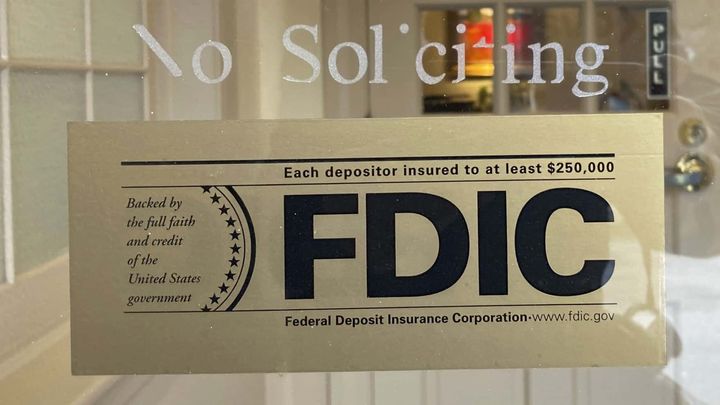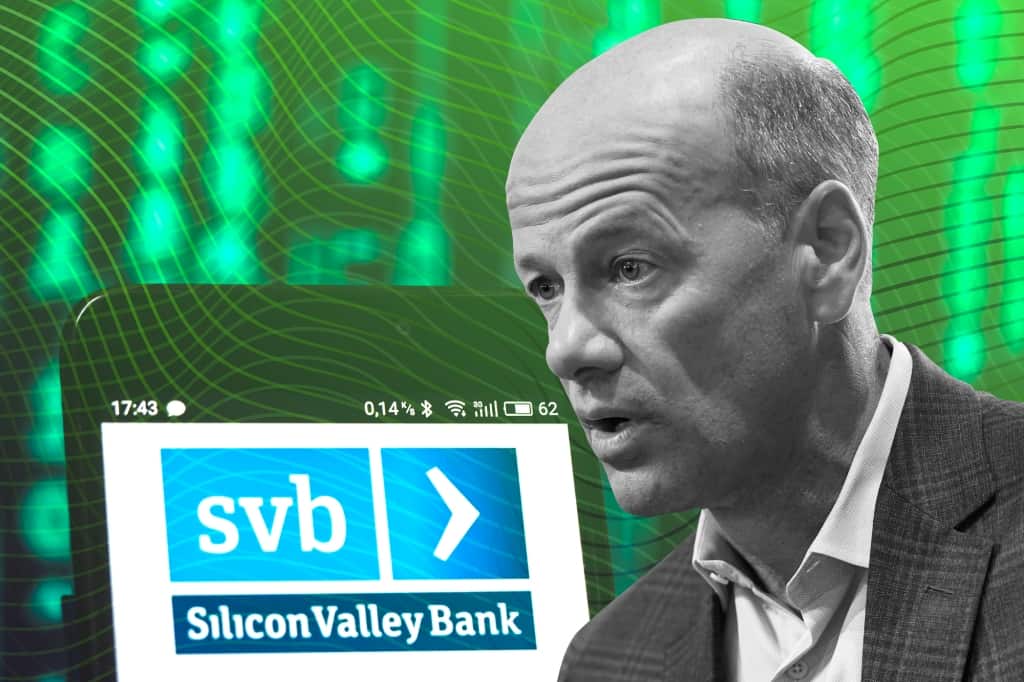What might cause the next - Stock Market Crash
Many complex and interrelated factors that can contribute to market volatility. The Federal Reserve's monetary policy and geopolitical tensions or conflicts are just a few potential factors that could contribute to a market downturn.

Potential triggers could include a major economic downturn or recession, geopolitical tensions or conflicts, changes in monetary or fiscal policy, corporate scandals or bankruptcies, or a significant decrease in consumer or investor confidence. Additionally, unexpected events such as natural disasters or pandemics could also have an impact on market performance.
While stock market crashes can be concerning, they are a normal part of the economic cycle and tend to be followed by periods of recovery and growth.
Potential Catalyst
The next stock market crash could be caused by a variety of factors, including inflation, interest rates, excessive market valuations after an extended bull market, and rising levels of uncertainty for investors. Panic can also play a role in a stock market crash, as investors may start to sell off their stocks when they see other investors doing the same. The bear market of 2000 to 2002 was attributed primarily to the bursting of a stock market “bubble” in prices for technology stocks.
The next stock market crash could potentially kick-start a recession due to the fact that stocks are shares of ownership in a company and investors make a profit when the company does well. However, it is difficult to predict exactly when or how far the correction will go.

Early Sign
It is possible to predict stock market crashes by paying attention to certain indicators. Savvy investors can use these indicators to identify when the market has deviated too far from its normal range and a crash is likely. These indicators include volatility over the past several days, recent price increases, and movement of the Nifty close below its 10-day moving average.
Machine learning algorithms can also be used to forecast crashes in stock markets based on past price information. The coefficient analysis of such algorithms shows that volatility over the past several days is the strongest indicator of an upcoming crash.
Experts such as Michael Burry and Jeremy Grantham have warned that an epic stock market crash is underway, with Burry suggesting that the S&P 500 could plummet by 53% to below 1,900 points over the next few years. Harry Dent has warned investors that a tepid bounce in stock prices will be followed by an even bigger decline, while other doomsayers have predicted a drop of more than 10% within a few days.
Technical Indicator
There are several indicators that can be used to predict a stock market crash. These include rampant speculation, low cross-correlation between major stock markets, volatility over the past several days, recent price increases, long term changes in price and changes in volatility, strength of utility sector, inverse yield curve, inventory build up, and Relative Strength Index (RSI) and Moving Averages (MA).
Rampant speculation is one of the first steps towards a market crash. Low cross-correlation between major stock markets is important for valid predictions. Volatility over the past several days is the strongest indicator of an upcoming crash. Recent price increases do not seem to indicate a crash. Long term changes in price and changes in volatility can help predict crashes. The strength of the utility sector is another indicator of a potential crash. The inverse yield curve is an important indicator of recessions or drawdowns in the market. Inventory build up can also be an important indicator of a potential economic slow down or market crash. Finally, RSI and MA are two indicators that experienced investors typically watch to predict a decline in stock prices.
Current Situation
Numerous current geopolitical circumstances as well as Federal Reserve (FED) activities and policies have the ability to influence stock market volatility or a market crash.
Geopolitical
- Tensions between the United States and China, which could impact global trade and supply chains.
- The ongoing conflict between Israel and Palestine, which could contribute to instability in the Middle East.
- The ongoing conflict in Ukraine and tensions between Russia and Western powers, which could lead to broader geopolitical instability.
- The COVID-19 pandemic and its impact on global health and economic systems.
- The potential for political unrest or conflict in various regions, such as in North Korea or the Middle East.
Bloomberg - US, China Diplomats Weigh First Meeting After Balloon Drama
https://www.bloomberg.com/news/articles/2023-02-13/top-us-china-diplomats-weigh-first-meeting-since-balloon-drama

Federal Reserve (FED) Policies
- Changes in interest rates: The FED has been gradually raising interest rates in recent years, which can make borrowing more expensive and potentially impact corporate earnings and investment decisions.
- The FED's balance sheet reduction: The FED has been reducing its balance sheet by gradually selling off assets acquired during its quantitative easing program, which could have an impact on liquidity in the financial system.
- Inflation: The FED closely monitors inflation levels and adjusts its policies accordingly. Higher-than-expected inflation could lead to more aggressive tightening of monetary policy, which could impact the stock market.
- The impact of COVID-19: The pandemic has led the FED to implement a range of measures to support the economy, including lower interest rates and asset purchases. Any changes to these policies or the impact of the pandemic on the broader economy could potentially impact the stock market.
It's crucial to remember that geopolitical events can be unpredictable, and they can have a wide range of complex effects on the stock market. Even though these incidents could increase market volatility, they might not be the only thing that leads to a market crash. Market performance can be influenced by a number of variables, such as business earnings, economic indicators, and investor sentiment.
Past Crash
Stock market crashes are sudden and substantial drops in stock prices, often caused by economic factors such as speculation, panic selling, or over-expansion of credit.
The first U.S. stock market crash occurred in March 1792 and was preceded by the Crisis of 1772 in the 13 colonies[1].
Notable U.S. stock market crashes include the Panic of 1819, Panic of 1837, Panic of 1857, Panic of 1884, Panic of 1893, Panic of 1896, Panic of 1901, and Panic of 1907. The most famous crash is the Wall Street Crash of 1929 (also known as Black Tuesday), which saw a 89% drop in stock prices from its peak.
Other major crashes include Black Monday (1987), Dotcom bubble crash (2000-2002), and the Global stock market crash (2008).
The coronavirus pandemic has also caused a major stock market crash in 2020, with the Dow reaching an all-time high in September before dropping significantly. This is one of the most unique stock market crashes due to its suddenness and global impact.
Wikipedia - List of stock market crashes and bear markets
https://en.wikipedia.org/wiki/List_of_stock_market_crashes_and_bear_markets
Photo by Joshua Mayo / Unsplash



